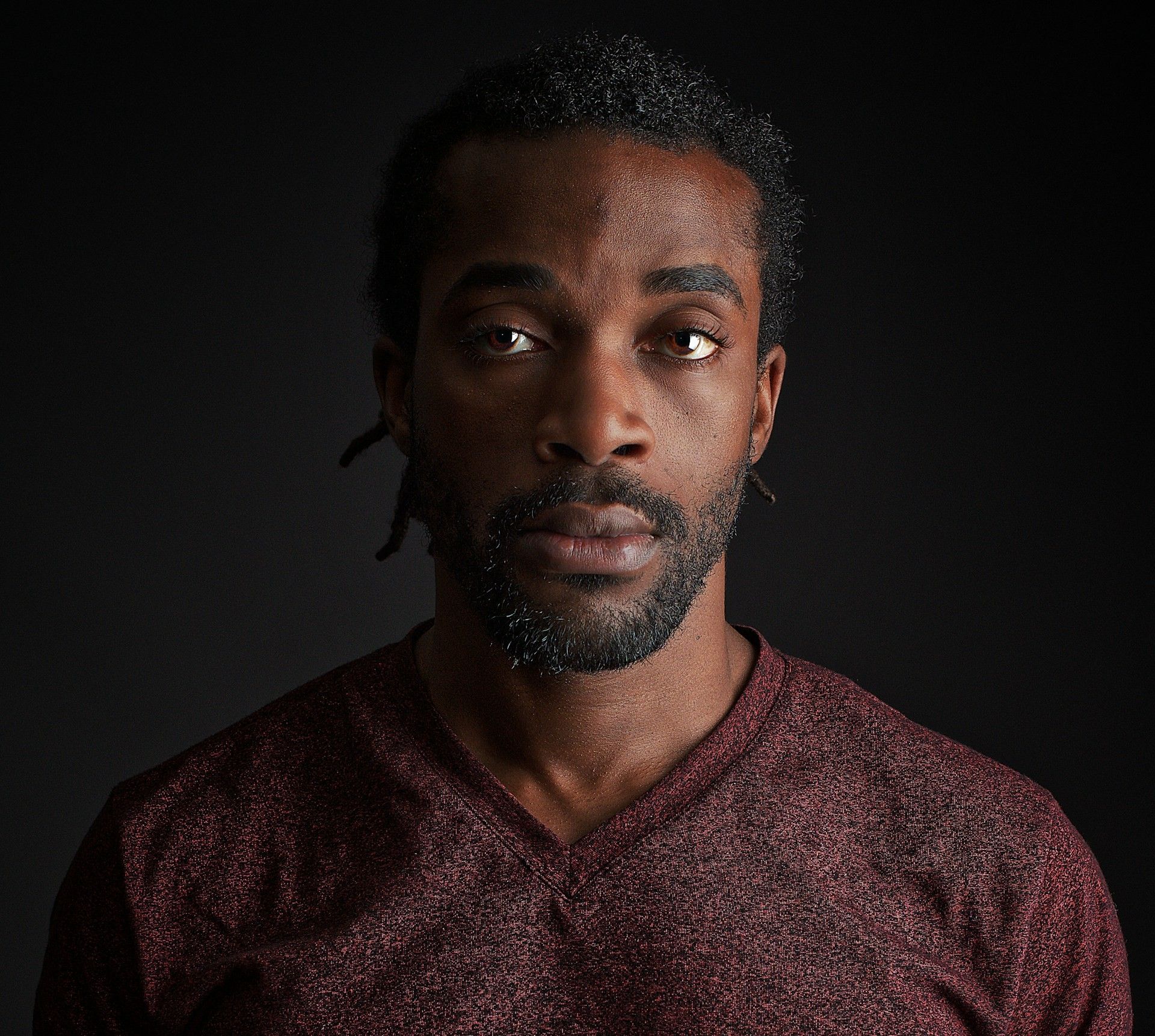The second youngest Nobel Laureate in history, Albert Camus, who was also a philosopher and journalist, intimated that suicide is the ultimate life dilemma because it forces you to question the meaning of life. This, therefore, makes life a matter of life and death. Understanding the meaning of life is important.
In logotherapy, a type of psychotherapy created by Victor Frankl is set on one fundamental question – What is stopping you from taking your life today? This question forces you to reflect on the meaning of your life. It jerks you into an analysis of your existential mattering – the degree to which individuals feel that their existence is of significance and value. The value reflected upon is not reducible to mere happiness or other similar experiences. It is more about living well, successfully, and responsibly. This concept is known as Eudaimonia. It is closely related to the idea of Ikigai.
If what Albert Camus intimated is anything to go by, which I am highly convinced it is, then meaning is the thread upon which our lives hang by. It is therefore fundamental that we understand what ‘meaning’ is. This article seeks to understand ‘meaning’ as a concept and also to understand what it is comprised of. Upon understanding what ‘meaning’ is, one can be able to chart a path towards meaning for themselves.
Etymology of meaning
In the 1300s this word was used to mean, ‘sense, that which is intended to be expressed or the act of remembering.’ This usage of the word highlighted two key ideas that we need to understand about meaning as we use it today. The ideas are that meaning is ‘sense that is to be expressed,’ and the idea of remembering. The expression aspect of the idea shows that meaning is a practical aspect rather than an ideological phenomenon. Meaning is action-oriented. The act of remembering highlights the other part of the meaning. For one to remember they have to go into the past and sort through what is stored back there and retrieve that which it deems relevant. This indicates that meaning is not only a concept of the future; it is also one that comes from our past. How we make sense of our past experiences.
The last bit of meaning came to play in the 1680s when the word was used to depict a sense of significance. Significance is important because it is in the present. We analyze the significance of things in life using our current situation; hence significance is only in the present. These three ideas show that meaning is three things at different times and one thing at the same time. It is in the present, the past, and the future. We shall delve into this deeper, later in this article.
The modern usage of the term meaning comes from the German word meinem, which means ‘to have in mind.’ This shows that meaning is tied within the capacity of the human mind. It is based on the capacity of our human mind to form mental expressions about the world and establish connections between representations. ‘Meaning,’ therefore is more than experiencing the world, it is about interpreting it. This reaffirms that meaning is not an ideology, rather, it is practical.
Understanding meaning
In understanding meaning three theories are put forth. They agree on some level but also they critique each other. First of all, let us understand the theories individually and then dig deep into their converging point.
Victor Frankl’s theory
Victor understands meaning to be a process of discovery within a world that is intrinsically meaningful. Meaning is not an arbitrary human creation but contains an objective reality within it and this reality is the true meaning. Therefore, ‘meaning’ is not invented and can only be found outside the person. Finding one’s meaning is a human motive. This is different from need satisfaction. Motives determine behavioural action whereas needs are a stimulus-response. This is why fulfilling one’s meaning employs decision-making as a process as opposed to a response. Since it’s a process it does not always translate to homeostasis.
Our conscience guides us towards this truth. This is because our fundamental motive is to find meaning which is housed in reality and reality is the truth. This is obstructed by circumstances. Hence the need to be in the process so that you can adjust your radar accordingly. If one allows themselves to be swayed away from the truth, they end up in an existential vacuum otherwise known as noogenic neurosis. This existential vacuum is characterized by boredom or apathy.
If an individual continues towards the true meaning, moving towards homeostasis, they enjoy self-transcendence, life satisfaction, and fulfilment.
Abraham Maslow’s theory
Maslow disagrees with Victor and suggests that meaning is an emergent property within a person. He classifies human needs in a hierarchical order. Physiological needs are the most important and need to be fulfilled first. They are then followed by safety needs, then love and belonging, followed by esteem, and lastly, self-actualization. Until the lower needs are satisfied human values and meaning have little to no impact on human motivation.
Meaning in life is a meta-need that operates differently from a deficit-need. In simple terms, hunger is a deficit-need and meaning is a meta-need. He theorizes that human beings only attend to meta-needs after deficit needs have been met. Satisfaction of meta-needs creates growth rather than averting illness. However, he agrees with Victor that meta-needs cannot be fully satisfied. This is because one’s meaning in life is found in ideals that cannot be attained.
He goes ahead and states that lack of fulfilment of these higher values, meaning, is psychopathogenic. He highlights that human beings need a framework of values, a philosophy of life, a religion or religion surrogate to live by and understand by.
Irvin Yalom’s theory
This theory approaches the issue from an existentialist point of view. The baseline for this theory is that life is fundamentally meaningless and it is upon us to give it meaning. Psychopathology is conceived as the ineffective mode of dealing with these ultimate concerns including death, freedom, isolation, and meaninglessness. ‘Meaning,’ therefore, is the creative response to life’s absolute meaninglessness.
Humans create their own meaning. He believes that there is no ultimate design or purpose to the universe. That being said, he emphasizes that meaning is needed to survive in a meaningless universe. Meaning is therefore found through altruism, dedication to a cause, creativity, or hedonism (pursuit of pleasure – self-indulgence)
Take away from the theories
Although the three scientists disagree on the definition of meaning and how to find and live it, they agree on at least three things. This is essentially why it is important to find meaning in life.
- Meaning in life is clinically relevant. If you fail to experience a meaningful life, you can suffer clinically especially from psychological disorders including depression and anxiety.
- When life lacks meaning existential vacuums develop. These vacuums lead to psychopathological symptoms e.g. alcoholism, depression, hyperinflation of sex, daredevilry, and workaholism.
- Meaninglessness can also lead to a state of nihilism and vegetativeness which manifests in extreme pessimism and skepticism, where one is obsessed with destroying anything that comes their way.
Harmonizing the theories
Scientists Batista and Almond harmonized the three theories to come up with a practical understanding of these theories. They acknowledge the discrepancies from the theories but most importantly they highlight the meeting points of these theories. They conclude due to the discrepancies noted in the theories that there is no true or ultimate meaning in life that is identical for everyone. This, therefore, means that divergent means to reach meaning coexist.
Since all theories boil down to the three points summarised above, the belief whether one’s life is meaningful or not is more important than the contents of what makes it meaningful. This means that one can find meaning in that which makes sense to them. With this in mind, they deduced what that belief may reflect in many people.
They deduced that if someone says their life is meaningful, they mean one of the four things;
- That they are positively committed to some concepts of ‘meaning’ of life
- That they have a framework or have derived a set of life goals or life view
- That they see themselves as being fulfilled or as being in the process of fulfilling their framework or life goal
- That they experience fulfilment as a feeling of significance
The trichotomy of meaning
While understanding the etymology of meaning we learned that meaning has a tri factor in its evolution. It has the present, past, and future aspects in it all at once. The trilogy is also found in three ideas that are often cross-purposed with meaning. These ideas are coherence, significance, and purpose.
Purpose and significance are motivational components while coherence is a cognitive component. This means that both purpose and significance are ethical. They are mostly concerned with what we value in evaluative and motivational terms. Coherence on the other hand is epistemic. It is about what we know.
In addition, the purpose is about the future and it is mostly motivational. Significance is about the present and it is mostly about evaluation. Lastly, coherence is about the past. It is mostly concerned with the cognition bit of a life experience.
Coherence
Coherence is a disposition to look at life and its problems in a manner that makes coping easier. Coherence makes the world meaningful, comprehensible, and manageable. The particular view of the world is founded on one’s values. Values bring coherence to our lives. Values are enduring beliefs that specific modes of conduct or end-states of existence are personally or socially preferable to others.
Once someone has a set of values that they operate within, the values enable them to make sense of the world. In other words, values enable you to comprehend what is going on with your life. For values to be effective one has to engage in subjective rationality of experience. You have to choose your perspective. This allows one to find patterns, and establish predictability in the world. A lack of patterns and predictability results in distress and meaninglessness in life.
Coherence is therefore not just a matter of experiencing the world but forming coherent mental representations about that world, creating a cognitive map of the world that makes sense out of our experience.
Significance
Significance is the sense of value, worth, or importance. Significance is about finding value in life. It is established through evaluating something to find out whether it has positive or negative value. This value can either be in the present world, as well as in the world that might arise from the pursuit of one’s purpose. Critical to note is that significance is not tied to achievement rather it is tied to being. For instance, you expect fair treatment not because you have attained something but because you are. This is housed in ideas such as all men are created equal and subscribe to given inherent rights and freedoms. They do not need to have done anything. Significance is influenced by self-esteem, spirituality, and personal growth.
Purpose
The purpose is the motivational part of ‘meaning.’ It is about finding valuable goals and setting your life in that direction. These goals lend significance to one’s present action. It is about direction and momentum. Purpose gives rise to will. Actions that are not purpose-inspired boil down to merely impulse or instinct.
It can easily be inspired by mastery, altruism, personal growth, positive relationships, and spirituality.
Conclusion
As stipulated in the paper, meaning is an all-encompassing phenomenon cutting across space and time. It arises from the coherence of our past, experienced in the significance of our present, and projected into the aspirations of the future. Like the fabric of space holds the universe together, meaning holds our individual and by extension human existence together. Lack of meaning can be catastrophic as it is a precursor to psychopathological issues as much as it is psychopathology in and of itself.





